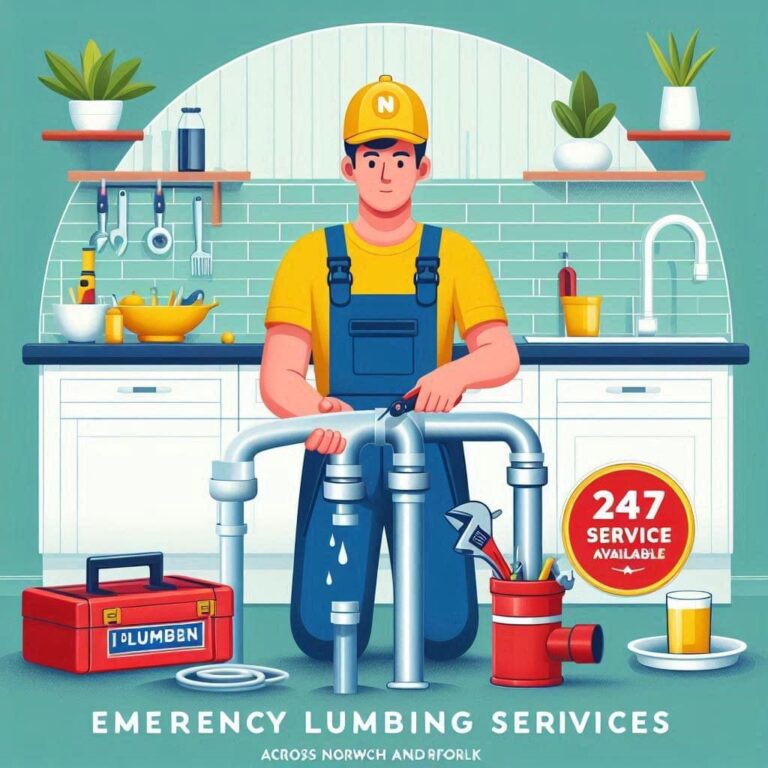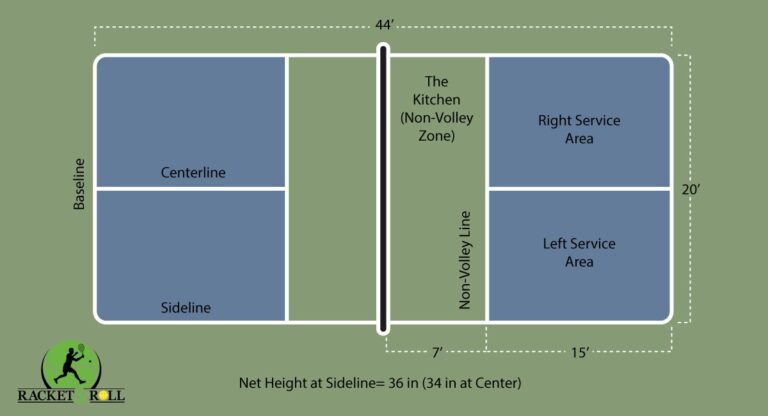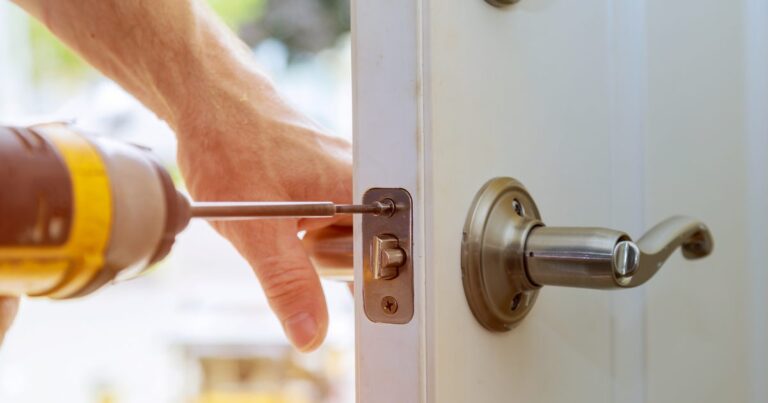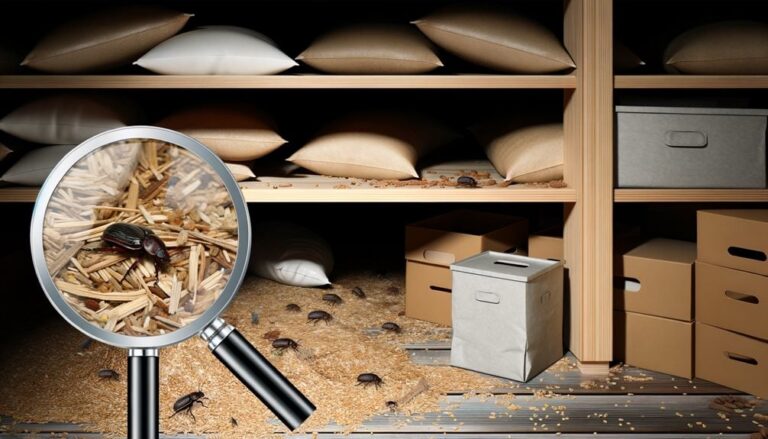Everything You Need to Know About Construction Dumpster Rentals
If you’ve been planning a construction project, it’s likely you’ve already run into the logistical challenge of waste management. Every project, whether it’s a small-scale home renovation or a large commercial site, generates debris that needs to be dealt with quickly and efficiently. This is where construction dumpster rentals come in.
But how do you know if renting a dumpster is right for your project? And what should you consider before making a decision? This guide will walk you through everything you need to know about construction dumpster rentals, including types of dumpsters, benefits, costs, and tips for selecting the right service provider.
By the end, you’ll have a clear understanding of how dumpsters can simplify your construction project and help maintain an efficient and clean worksite.
Why Construction Dumpster Rentals Are Essential
Construction sites are hubs of activity and productivity, but they are also hotspots for waste generation. Whether it’s old drywall, crumbling bricks, nails, or wooden planks, managing waste can quickly spiral out of control without a proper plan. A construction dumpster provides an easy, centralized way to handle all your debris.
Key benefits of having a dumpster rental on-site include:
- Time and effort savings: Instead of making repeat trips to a landfill, all waste can easily be discarded in the dumpster.
- Improved worksite safety: A clutter-free site minimizes the risk of accidents caused by leftover materials or hazardous debris.
- Streamlined cleanup: Once the dumpster is full, it can be hauled away, leaving your site clean and ready for the next phase of construction.
No matter the scope or scale of your project, a dumpster rental is your ally in staying organized and efficient.
Types of Construction Dumpsters
Not all dumpsters are the same, and choosing the right type is crucial to meet your project’s specific needs. Here are the main types of dumpsters commonly available for construction purposes:
1. Roll-Off Dumpsters
Roll-off dumpsters are the most popular choice for construction projects. Delivered via truck and “rolled off” into place, they are easy to load and come in a variety of sizes.
- Popular sizes: 10-yard, 20-yard, 30-yard, and 40-yard capacities.
- Best for: Renovations, demolitions, roofing, and large-scale construction projects.
2. Front-Load Dumpsters
Front-load dumpsters are smaller and more compact, typically meant for ongoing waste management rather than construction debris.
- Popular sizes: 2-yard, 4-yard, 6-yard, and 8-yard capacities.
- Best for: Smaller renovation jobs or projects generating light waste.
3. Specialty Dumpsters
Certain waste materials require specialized dumpsters to comply with local regulations—for instance:
- Concrete or brick dumpsters for heavy material.
- Recyclable dumpsters for green waste.
- Hazardous material dumpsters for chemical or toxic waste.
Knowing what kind of waste your project will generate can help in selecting the right dumpster option.
How to Choose the Right Dumpster Size
One of the most common questions when renting a construction dumpster is, “What size do I need?” Renting a dumpster that’s too small can lead to multiple pickups, while a dumpster too large may waste money. Here’s a quick guide to common sizes and their uses:
- 10-Yard Dumpster
Great for small-scale renovations or projects like removing debris from a single room.
Equivalent to: 3–4 pickup truckloads.
- 20-Yard Dumpster
Ideal for medium-sized projects like basement or kitchen remodels.
Equivalent to: 6–8 pickup truckloads.
- 30-Yard Dumpster
A popular choice for large-scale construction sites or full-home renovations.
Equivalent to: 9–12 pickup truckloads.
- 40-Yard Dumpster
Best for massive construction or demolition projects with heavy debris loading.
Equivalent to: 12–16 pickup truckloads.
To avoid additional costs, consult with your rental company to estimate the volume of waste before deciding on a size.
Factors That Influence Dumpster Rental Costs
Dumpster rental costs can vary significantly based on multiple factors. Here’s what you should consider:
- Size of the dumpster
Larger containers naturally cost more, but they may be the smarter choice for projects generating significant waste.
- Rental period
Longer rentals can increase costs, so estimate your project’s timeline accurately.
- Type of waste
Construction debris like concrete, asphalt, and roofing materials can be more expensive to dispose of compared to general waste.
- Location
Delivery and haul-away fees can fluctuate based on your proximity to the rental company and local dump sites.
- Additional fees
If you exceed weight limits, damage the dumpster, or dispose of prohibited materials, you may incur extra charges.
Understanding these factors can help you make an informed decision and potentially save money.
Pro Tips for Renting a Construction Dumpster
To get the best deal and avoid headaches, follow these tips when renting a dumpster:
- Research local providers
Compare multiple companies to find competitive rates and added benefits, such as free delivery or extended rental periods.
- Ask for a waste audit
Many companies offer a free consultation to determine the best dumpster size and type for your project.
- Check for hidden fees
Clarify weight limits, prohibited materials, and additional charges with the provider before signing a rental contract.
- Plan the placement
Make sure you have enough space for drop-off and that the location is accessible to the rental company’s trucks.
- Time it right
Schedule delivery a day or two before your project kicks off and pick-up immediately after completion to avoid unnecessary rental days.
By keeping these strategies in mind, you’ll ensure a smooth and cost-effective rental experience.
Why Choosing the Right Rental Company Matters
Not all dumpster rental companies are created equal. When selecting a provider, look for the following qualities:
- Transparent pricing
Companies that provide clear cost breakdowns upfront eliminate confusion later.
- Eco-friendly practices
Options like recycling services show a commitment to sustainability.
- Strong reviews
Positive customer reviews can indicate reliable service and professionalism.
Partnering with a reputable company will make your dumpster rental process stress-free and efficient.
Take Control of Your Waste Management Today
A construction dumpster rental is more than just a trash bin; it’s a vital tool for keeping your project on track and your site safe. By choosing the right size and type of dumpster, understanding costs, and partnering with a reliable provider, you’ll be well-equipped to handle your construction waste like a pro.
Need help finding the perfect dumpster for your project? Reach out to local providers and get started today.








